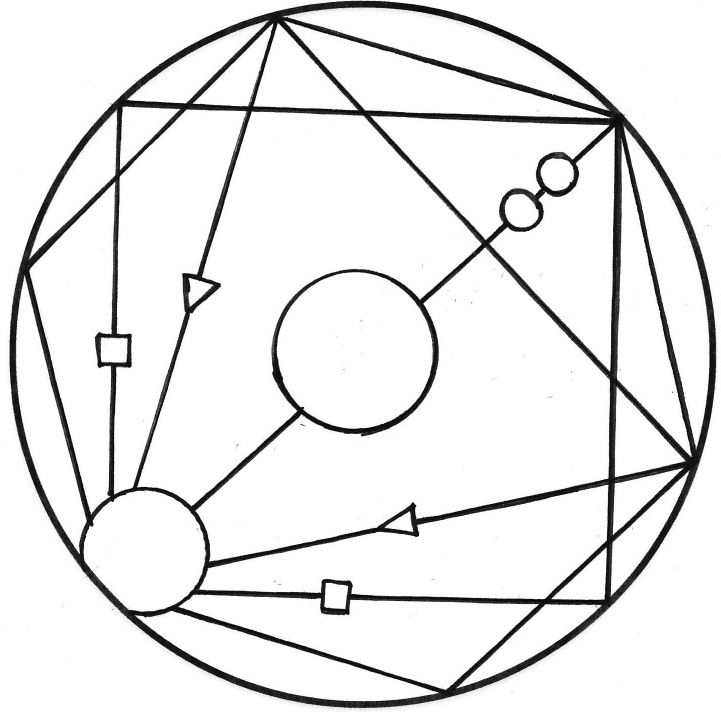Mercoledì 22 aprile 2020 alle ore 10:00, in modalità telematica a causa dell’emergenza legata al Covid-19, si terrà il dodicesimo incontro del Seminario di Filosofia Medievale 2020.
L’incontro, intitolato “Is the human will a free and good will? Saint Augustine’s answer”, sarà introdotto dalla prof.ssa Paula Oliveira e Silva (Universidade do Porto).
Il link Zoom per partecipare è https://unipd.zoom.us/j/865386429.
L’handout è disponibile cliccando qui. La bozza del paper è consultabile qui.
Scarica qui la locandina.
Abstract:
In this session I will analyse two aspects of the notion of Freedom, which is central to Augustine’s work and thought. The main goal of this analysis is to show how St. Augustine positions himself in an innovative way, regarding the conceptions of Freedom in Late Antiquity, namely against Stoics causal determinism, and against Manichean’s statement on the ineffectivenes/non-existence of individual Freedom.
My presentation has two moments.
Bearing in mind Augustine’s criticism to the Manichean thesis of the substance of evil and the absence of individual freedom (which I will only briefly refer to, but will not analyse), I will first explain Augustine’s conception of the nature of human individual freedom, and how he builds an argument to show the compatibility between human free choice of the will and the existence of evil. I will then explain how Augustine elaborates a metaphysical theory, according to which all reality depends on a single and supreme principle of goodness, from which all goods proceed. Therefore, as human will and free choice proceed from this first instance, these powers are a kind of good. Alongside this conception of Freedom, Augustine argues about the origin of evil, considering that evil is a quality rooted in and originated by the free choice of the will. Therefore, evil is not a substance: it is but a result of the deficient choice of human will. As human actions resulting from this deficient choice only corrupt good they don’t cause anything positive in the real world. Therefore, evil isn’t anything actually produced in the world: it has no efficient cause nor is it effectively something.
This first part of my presentation will be based mainly in Augustine’s arguments on the nature of the human will, as explained in “De libero arbitrio” II.
However, despite Augustine’s characteristic optimism of these first dialogues concerning both the nature of human freedom and of evil, he also recognizes that the will is affected by an internal discordance and conflict, to which a rational explanation is not easily found. My brief explanation of the internal drama of “voluntas” will be based on “Confessionum” VIII, viii, 19, 20; ix, 21.
Finally, I will briefly address one of the consequences of Augustine’s conception of Freedom, namely his criticism of all forms of causal determinism about Freedom. At this point, I will refer to Augustine’s criticism of Cicero’s astral fatalism and cosmic determinism, as discussed in “De civitate dei” V, viii-xi.
I will conclude with Augustine’s statement according to which the best guarantee for human freedom is the existence of the prescience of God, who, eternally and immutably, created human will capable of free choice (“De libero arbitrio” III).
nike shox mens australia women soccer players – White – DA8301 – 101 – Nike Air Force 1 ’07 LX Women’s Shoe | 103 – Ietp , CZ0270 , Where To Buy , Nike Air Force 1 Low White Rust Pink , light blue nike kyrie irving 2 easter parade

